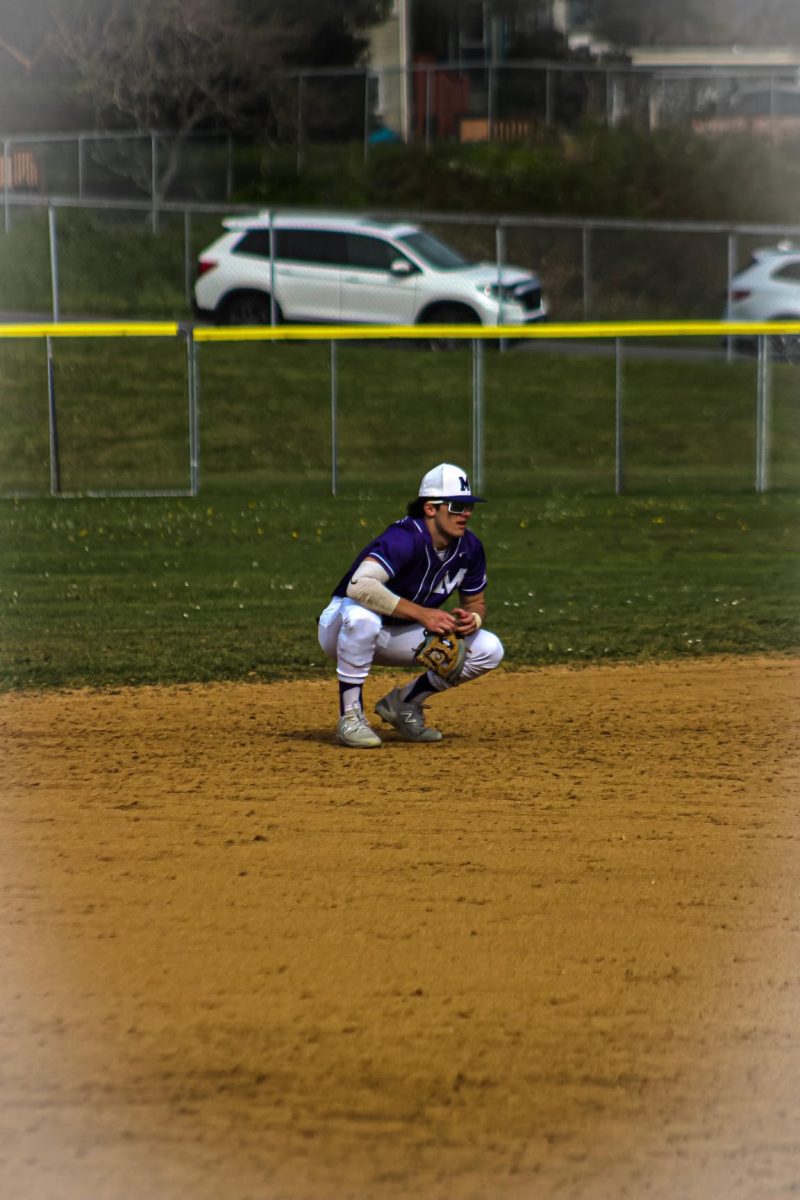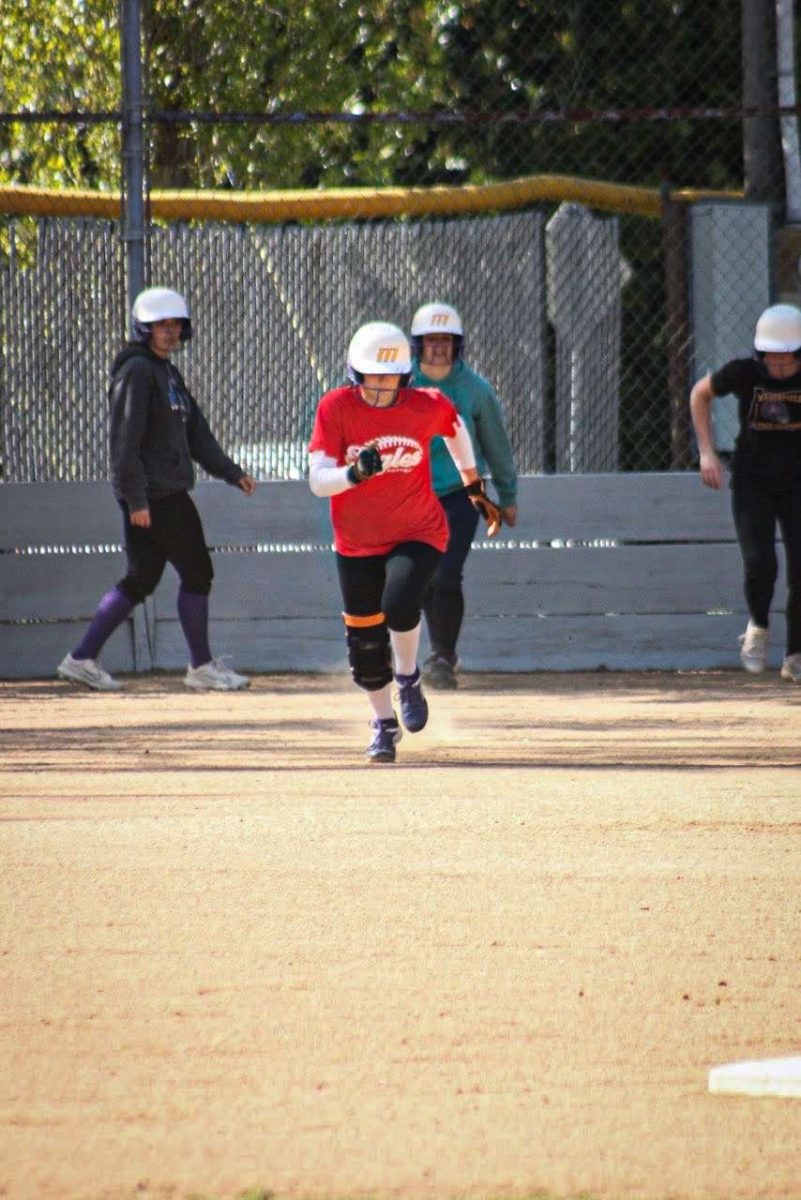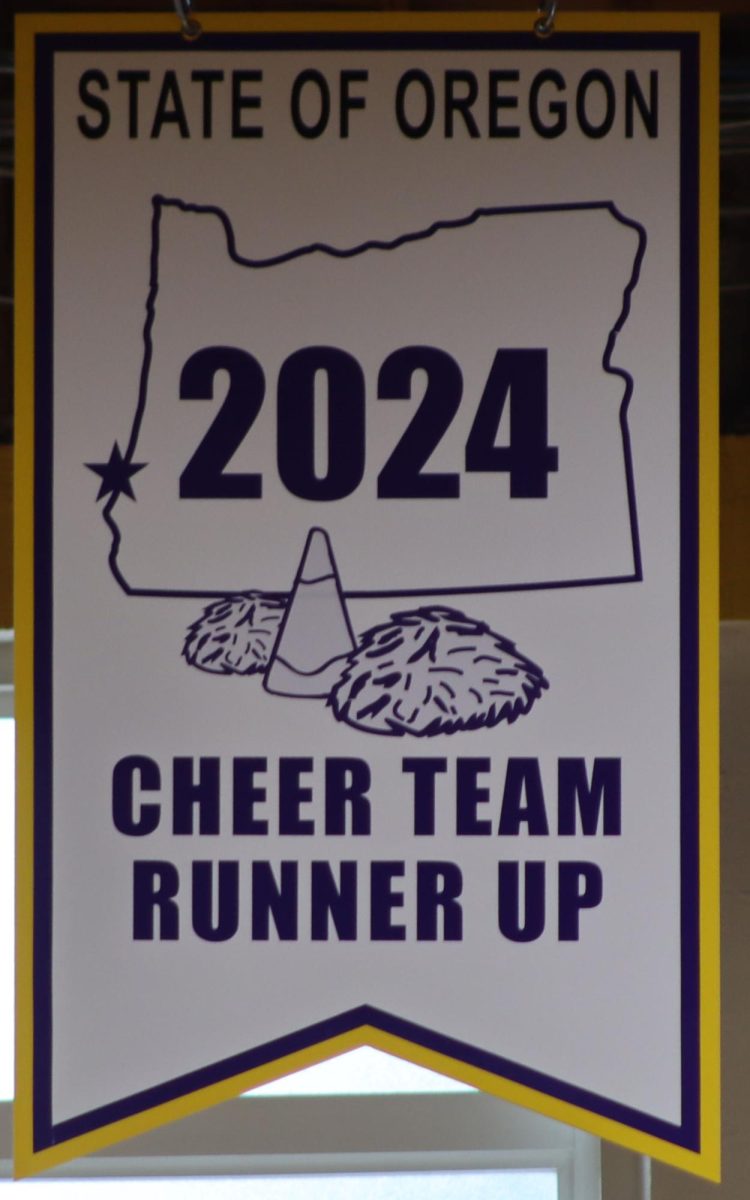By Joel Gregory & Cheyenne McNeely | Collaborative Reporters
For the past two years, Marshfield has not had a school-wide policy for dealing with students coming in late to class.
According to attendance secretary Sue Walberg, through the 2010-11 school year, the attendance office at Marshfield was in charge of keeping track of student tardies. If a student was late to class, he or she had to report to the attendance office and receive a “swept pass” from a secretary.
The idea of the swept pass was to ensure both the attendance office and the teachers were aware of whether or not a tardy was excused or unexcused. Students who missed the bus or slept in late were marked with an unexcused tardy, while tardies due to doctor appointments and the like were marked as excused.
Many teachers, including math teacher Tammie Montiel, believe this was an efficient way to keep track of tardies and it gave students a reason to get to class on time.
“I think it made the kids have to get to class because it inconvenienced them to stop at the office,” Montiel said.
The swept pass was done away with because the paperwork and student tracking that came with it was too time consuming, and kept kids out of class too long.
“The swept passes were too labor intensive,” Walberg said. “It took a lot of time and energy.”
According to staff members in the attendance office, each teacher has been individually responsible for keeping track of tardies, as well as deciding consequences, for the last two years.
Principal Greg Mulkey has seen many tardy policies, and believes consistency is the key to an effective policy. He said both the swept passes and the current system have the potential to be effective.
“The bottom line is either policy will work well, as long as it is consistent and people follow through,” Mulkey said.
Other teachers, such as eighth grade science teacher Lynda Sanders, believes that having high expectations and having strict consequences will lower the amount of tardies.
“If the expectation is that you are to be on time and there are consequences, then kids will step up to the plate,” Sanders said.
Teachers record attendance in a new program called Synergy and enter tardies into the system as they are taking attendance. The system allows for teachers to easily mark down tardies, but not specify whether the tardy has been excused or not. Tardies will show up on progress reports and report cards sent home in the mail, as well as ParentVue, which allows parents to see student grades and attendance via the internet.
Students are expected to check in at the attendance office with a note excusing their tardies and absences if they have been gone for appointments and other acceptable reasons. The office will then enter the information into the computer as excused. A student tardy for an unexcused reason will just show up to class, and teachers can mark it in their attendance.
Dean of Students Scott Snyder, who also serves as the district’s truancy officer, steps in to deal with serious attendance problems.
“If there is a chronic tardy problem, the Dean of Students will get involved,” Mulkey said.
Spanish teacher Mark Lorincz believes whether the attendance office takes care of tardies or teachers do it, there should be a more solid school-wide policy everyone has to follow.
“Teachers have a lot of responsibilities,” Lorincz said. “The main point is to get to work and teach from bell to bell. It’s disruptive when kids come in late.”
Some teachers, such as Sanders, keep a separate paper copy of the attendance which includes a number next to tardies to remind her how many each student has. She said even one tardy is a problem, and will talk to kids who have one or two to see what is causing it.
Sanders also thinks being on time is an essential quality for a student’s success in the classroom, as well as when they enter the work force.
“Being tardy to your job is not acceptable. It is a student’s job to go to school and be on time,” Sanders said.
Ultimately, Sanders believes being on time is the students’ responsibility.
“Being on time is important,” Sanders said. “These are habits students need to develop.”




















